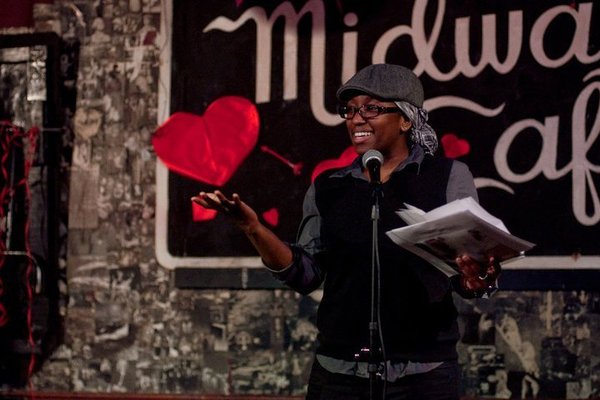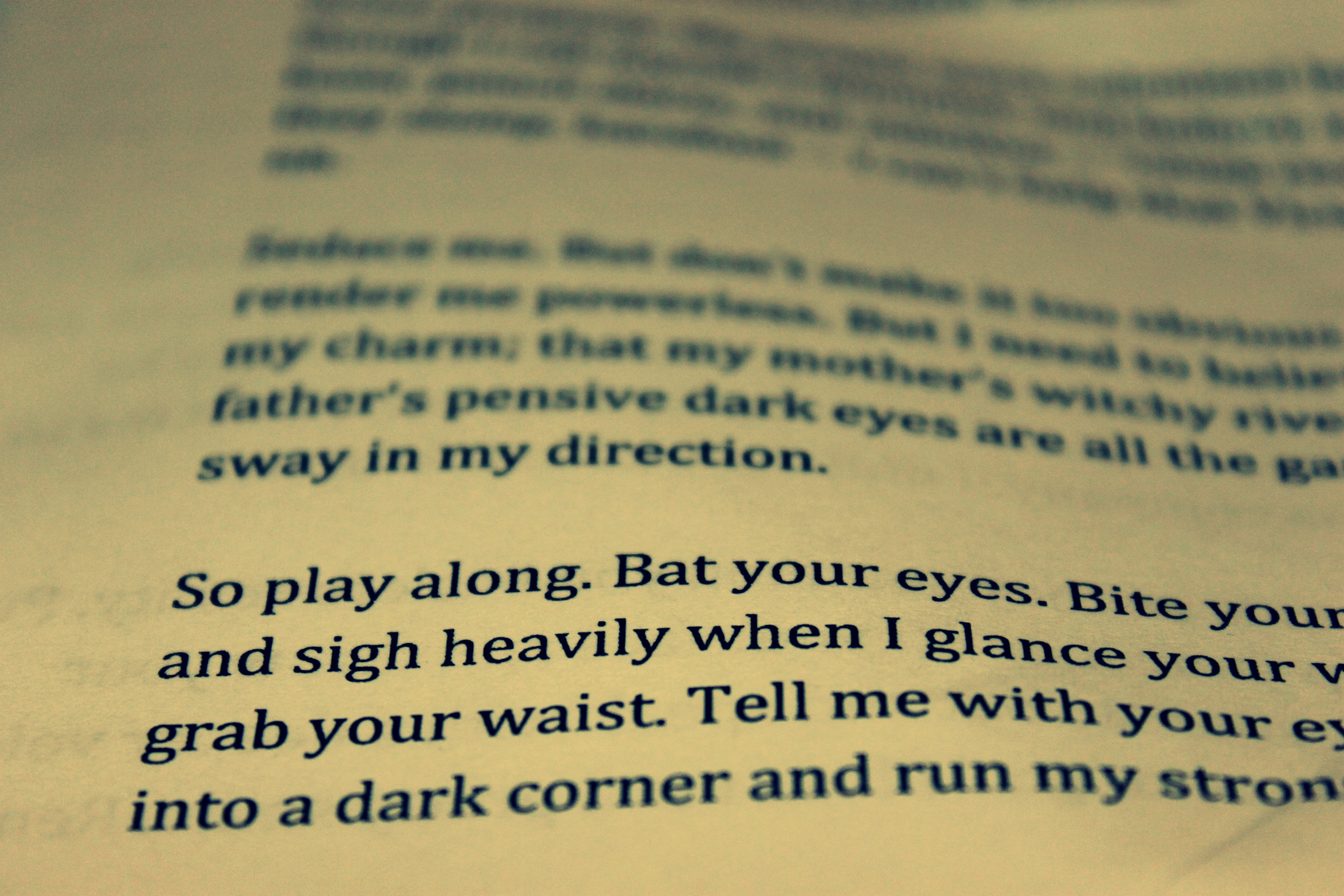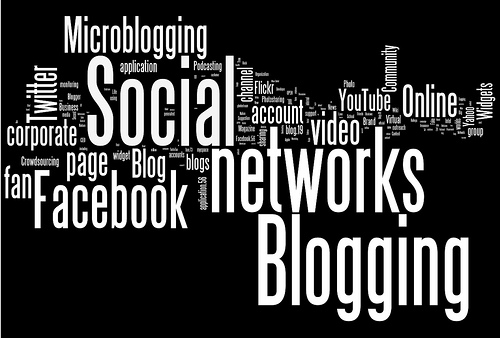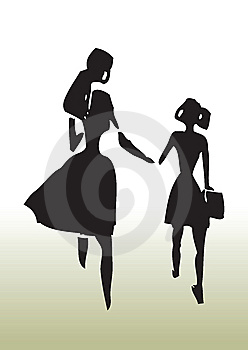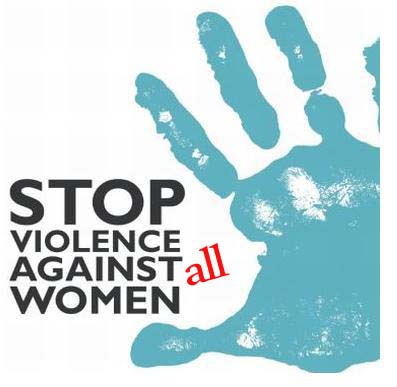My career path in media hasn't been linear or conventional by any means. I went to MIT to study Mathematics, before realizing that I was really an artist. My parents are still in recovery. But everything will work out. It always does. Don't drive your career with someone else's rear…
-
Advocacy - Afrofeminism - Blog - Gender and LGBT Issues - Keynotes, Talks, and Presentations - LGBT Africa - Media - My Work - New Media - Philanthropy - Speaker Services - Thought Leadership
-
[VIDEO] Teaser Trailer for “Confessions of a Queer African Boi” Poetry and Erotica Chapbook
I've been working on a collection of erotica, poetry, and other free-form expressions for about a year now and just recently printed them into booklet form for editing. Flipping through the pages for the first time felt like the cold sensation of fingers slowly running down a soft layer of…
-
Our Voices, Our Stories: Training African Women’s & LGBT Organizations to Use Social Media is Critical
Despite the richness, diversity, and complexities that shape the landscape that is my homeland, Africa is often depicted as one big safari (or war zone). Why is that? Because Africa’s stories are rarely told by Africans themselves.
-
Happy Mother’s Day from a Queer African Daughter to Her Mama
I found this poemthing I wrote about Mother's Day in my journal from about 2 or 3 years ago. I hadn't officially had "the talk" with my mother, and though she already knew I was dating women, she seemed determined to avoid talking about it. So, instead, we talked about…
-
African Feminism - Afrofeminism - Blog - Gender and LGBT Issues - International Development - LGBT Africa - Philanthropy - Social Commentary
The African Union Protocol on the Rights of Women: Progress and Pitfalls for LGBT Rights
The African Union Protocol on the Rights of Women is the first comprehensive legal framework for women’s rights in Africa that seeks to "improve on the status of African women by bringing about gender equality and eliminating discrimination." Except, it doesn't explicitly name protections for LGBT African women. Moreover, Liberia…
